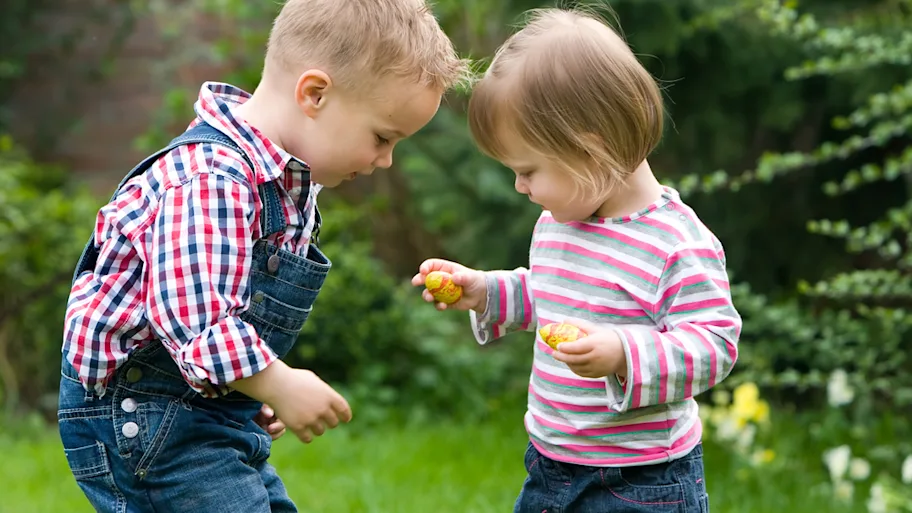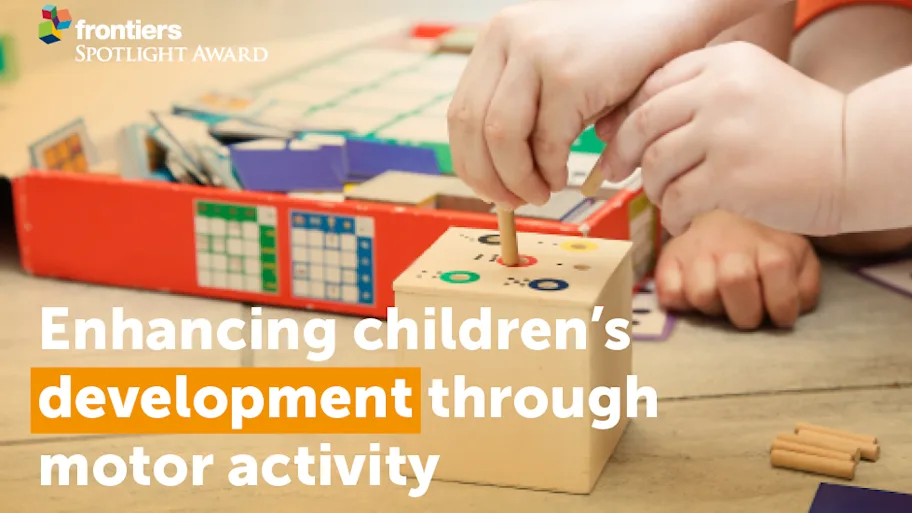
- Science News
- Featured news
- Connectedness to nature makes children happier
Connectedness to nature makes children happier
This connection encourages children to display more sustainable behaviors, which in turn gives them greater levels of happiness. Image: Shutterstock
-- by Tayyibah Aziz, Frontiers Science Writer
A new study in Frontiers in Psychology, led by Dr Laura Berrera-Hernández and her team at the Sonora Institute of Technology (ITSON), has shown for the first time that connectedness to nature makes children happier due to their tendency to perform sustainable and pro-ecological behaviors.
As our planet faces growing threats from a warming climate, deforestation and mass species extinction, research focusing on the relationships between humans and nature is increasingly urgent to find solutions to today’s environmental issues. As younger generations will be the future custodians of the planet, work is being done by researchers on how we can promote sustainable behaviors and develop environmental care in children. The researchers state that a disconnection to nature, termed ‘nature deficit disorder’, may contribute to the destruction of the planet, as the lack of a bond with the natural world is unlikely to result in desire to protect it.
Connectedness to nature: its impact on sustainable behaviors and happiness in children► Read original article► Download original article (pdf)
Berrera-Hernández describes ‘connectedness to nature’ as not just appreciating nature’s beauty, but also “being aware of the interrelation and dependence between ourselves and nature, appreciating all of the nuances of nature, and feeling a part of it.”
The study recruited 296 children between the ages of 9 and 12 from a northwestern Mexican city. All the participants were given a self-administered scale completed in school to measure their connectedness to nature, sustainable behaviors (pro-ecological behavior, frugality, altruism, and equity) and happiness. This included measuring their agreement with statements about their connectedness to nature, such as ‘Humans are part of the natural world’ and statements about their sustainable behaviors, such as ‘I separate empty bottles to recycle’.
The researchers found that in children, feeling connected to nature had positive associations for sustainability practices and behaviors, and also led to children reporting higher levels of perceived happiness. This suggests that children who perceive themselves to be more connected to nature tend to perform more sustainable behaviors and therefore also have greater levels of happiness. Previous research on adults had suggested a relationship between connectedness to nature and the development of pro-environmental behaviors, and the happiness derived from these
Related: Children more engaged and attentive following outdoor lesson in nature
Despite the study’s limitations of only testing children from the same city, the results provide insight into the power of positive psychology of sustainability in children. Deepening our understanding of the relationships between these variables may provide practical insights for the added psychological benefits of promoting sustainable behaviors in children. If we are to develop environmental care and concern in younger generations, then initiatives to encourage and enable young people to spend more time in nature is a must.
Berrera-Hernández states: “Parents and teachers should promote children to have more significant contact or exposure to nature, because our results indicate that exposure to nature is related to the connection with it, and in turn, with sustainable behaviors and happiness.” The study has fascinating and practical implications for future research in environmental psychology and its applications in nature-based education and initiatives, highlighting the positive benefits for both the planet and children’s wellbeing in encouraging more exposure and contact with the natural world.
Original article: Connectedness to nature: its impact on sustainable behaviors and happiness in children






